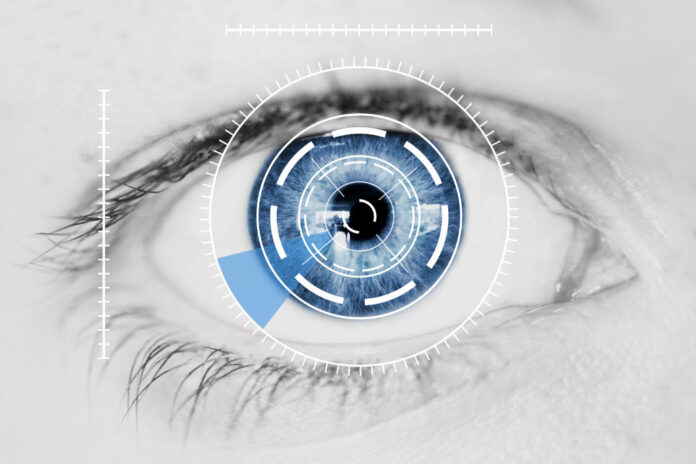With the world's largest e-commerce growth in 2024, and a 16% increase in online sales, e-commerce in Brazil is at the center of a digital revolution that continues to grow, it is what shows the Digital Transformation Report of Latin America 2024. today, e-commerce in Brazil represents 11% of total retail sales, showing the strong digitization of consumption in the country, but there is still a lot of opportunity for growth.
With that in mind, the retail market has invested a lot in hyper-personalization of online shopping and, with the evolution of artificial intelligence (AI), the opportunities are endless. When browsing, consumers not only find what they are looking for more easily, but also receive highly personalized recommendations, which make the shopping journey more intuitive and efficient.In retail, this technology is already a reality: a recent Nvidia research nine out of ten companies in the industry use or are implementing AI in their operations.
At Fujioka Group, artificial intelligence has been a key player in transforming the consumer relationship with the platform.Frederico Godoy, B2B e-commerce manager at Fujioka, explains that the site analyzes customer navigation in real time to suggest products strategically.“Our AI model observes user behavior, from what it seeks to interaction with different categories, and adjusts recommendations according to this” information, he points out.
Personalization happens dynamically.If a customer visits the notebook section, for example, he can receive suggestions for similar models.If you add a product to the cart, AI understands the context and offers complementary accessories, such as mouse, keyboard and backpacks, increasing the assertiveness of the recommendation. This level of customization makes the consumer find faster what he wants, reducing search time and making the experience more fluid.
In addition to product recommendation, AI also assists in pricing and analyzing consumer trends.“A technology not only suggests similar items, but also crosses purchase behavior data from different users to identify market patterns and emerging trends”, explains Frederico.This allows the Fujioka Group to adjust its business strategy more accurately, optimizing inventories and offering targeted promotions to the right audience.
According to Frederico, the impact of artificial intelligence can be measured in different ways, but the most visible is the increase in browsing time and sales conversion. “We note that customers stay longer on the site, explore more pages and, especially, put more products in the cart. The conversion rate has gone up, and the average purchase ticket has also grown”, he says.
E-commerce of the future
For Frederico, AI will continue to evolve, making consumer interaction with platforms even more intuitive.“A trend is that navigation is no longer done only by clicks and becomes a chat with artificial intelligence. The research and purchase will be done through an interactive conversation, where AI understands and responds to customer needs in real time”, he predicts.
Another great bet for the future is the integration of AI with Augmented Reality (AR) and Virtual Reality (VR). According to Frederico, this innovation will allow consumers to interact with products before purchase.“With 3D models generated by AI, it will be possible to view an item in the real environment or experience it virtually, increasing confidence in the purchase decision”, he explains.
Artificial intelligence is no longer a distant trend - it is redefining the way we buy and interact with brands.In Fujioka and several other retail companies, technology is consolidated as a strategic pillar to offer a more agile, personalized and efficient experience, connecting consumers and products in an increasingly intelligent way.


